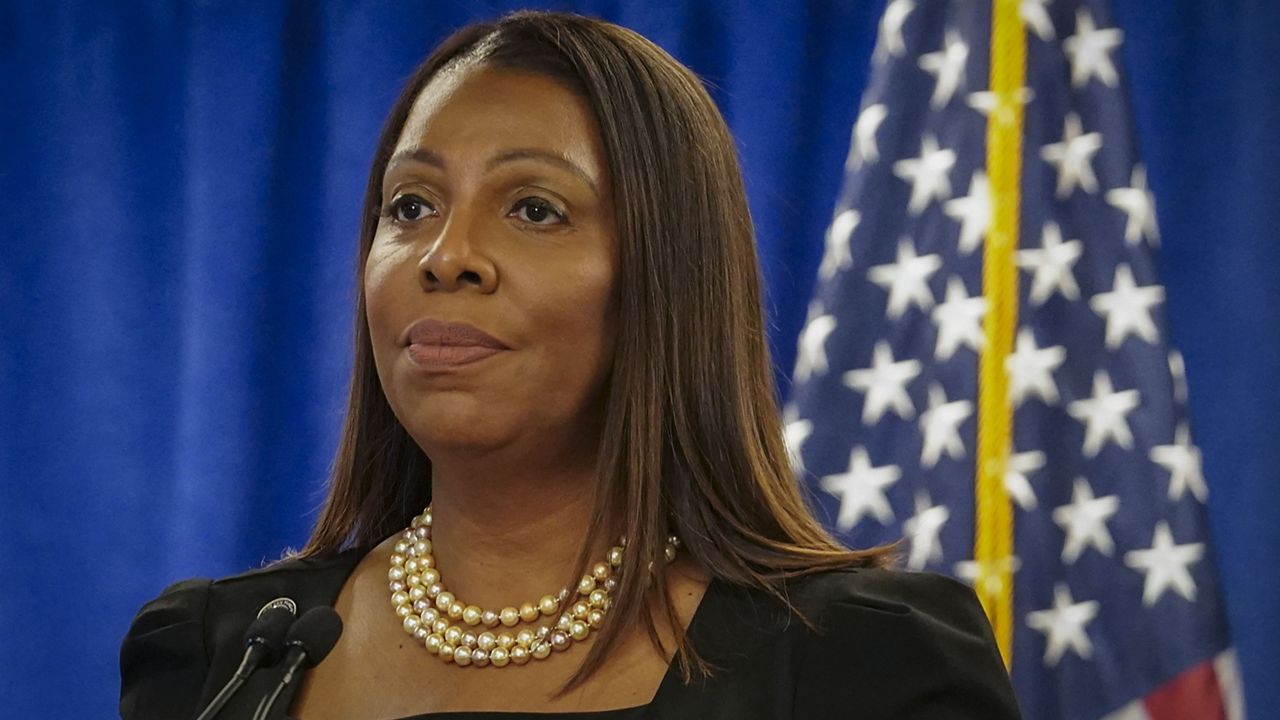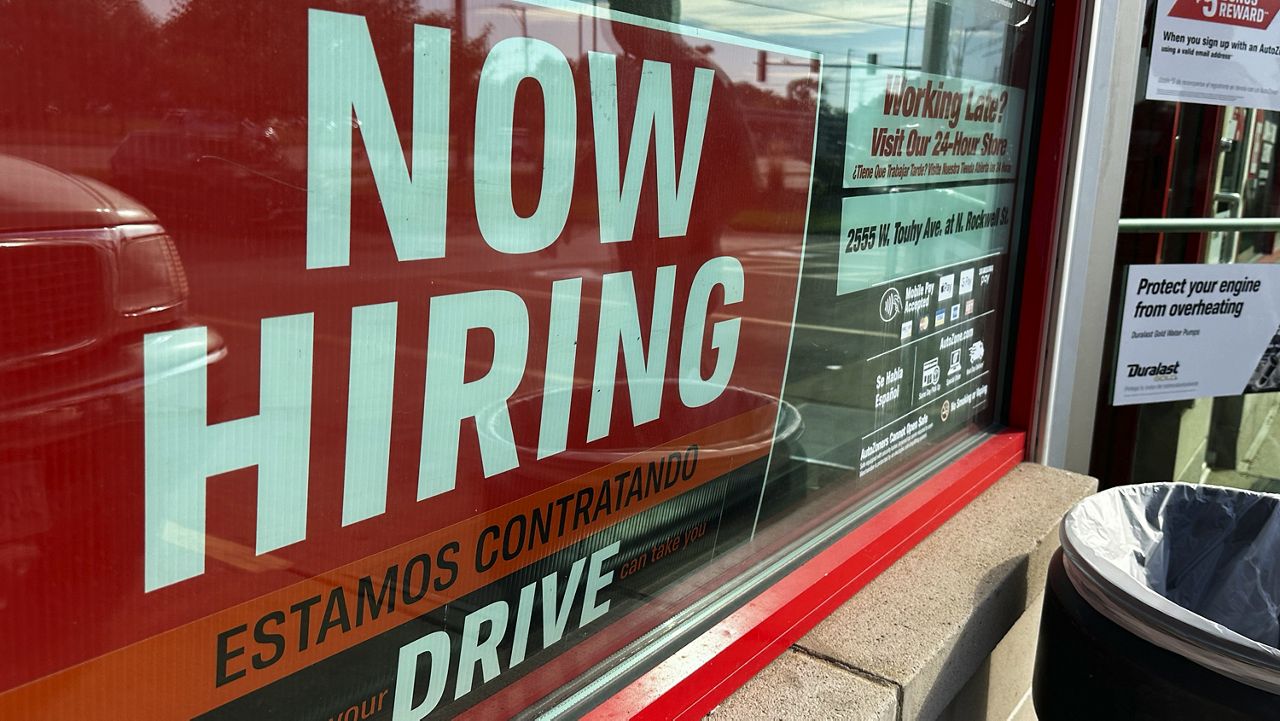A law enforcement union on Wednesday blasted the veto of a bill meant to provide stronger pensions for their members, a rejection its leadeship stung only more so as state lawmakers return for a special session to raise their pay by $32,000.
The PBA of New York State had called for the pension bill as a means of strengthening recruitment in their ranks amid a depletion in the wake of the COVID pandemic.
But Gov. Kathy Hochul has cited fiscal concerns in her veto this month of the proposal, which would have set a 20-year retirement instead of 25 years. In the veto message, Hochul wrote the pension bill should be part of a larger state budget agreeement.
The PBA represents Park Police, Environmental Police, SUNY Police and Forest Rangers. It has about 1,100 members.
“While we support pay raises for legislators, it is simply unconscionable that the 20-year pension equity bill was vetoed for the third time in as many years," said James McCartney, the union's president. "Repeatedly we are told that it must be included as part of the budget process, yet time and time again it is not included in the governor’s budget proposal."
New York lawmakers are set to meet at noon on Thursday to raise their annual pay from $110,000 to $142,000 while also placing a cap on money earned outside of their jobs as elected officials. Hochul has signaled support for lawmakers raising their pay, as well as capping outside earnings.
The session itself on Thursday is expected to be a relatively brief one despite efforts to include additional policy concerns. Hochul attempted to include bail law changes in the Thursday session; Democratic lawmakers rejected the move.
Republicans, meanwhile, have knocked the pay raise bill as unseemly amid inflation battering New York households.
"One thing is for certain: the debate about the massive affordability crisis facing New York is over," said Senate Minority Leader Robert Ortt. "By giving themselves a pay raise, Albany’s political ruling class is admitting they’ve made our state unlivable if you make less than $142,000."








